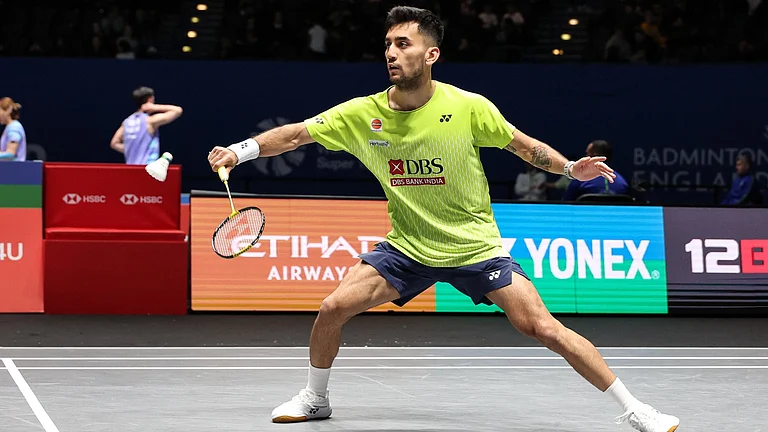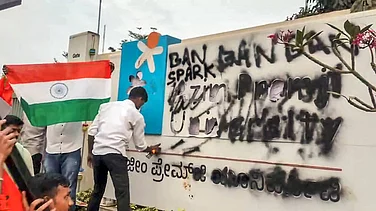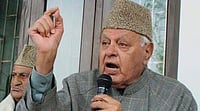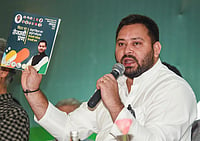On April 12, four Indian Army personnel were shot dead in their sleep in their accomodation at Bathinda, Punjab.
A lone eyewitness soon surfaced who claimed that he saw two persons, one carrying a rifle and another carrying an axe, leaving the site of crime. However, the same eyewitness soldier was later arrested by Punjab Police for the murder of his fellow soldiers. The police said the soldier had concocted the story of two men to confuse the investigators.
The police said the soldier killed his fellow servicemen over "personal enmity". The nature of enmity was not disclosed.
However, reports said that the accused soldier, identified as Gunner Desai Mohan, was sexually abused by the deceased men. In revenge, said reports, Desai shot them dead.
"Earlier, A senior police official told The Tribune that accused was allegedly sexually harassed and sodomised by them, so in revenge he killed them," reported The Tribune on April 17.
Defence journalist Ajai Shukla reported that the accused was "regularly sodomised and abused" by the four deceased soldiers.
"The four army jawans who were shot dead on April 12 while they were asleep in Bhatinda were killed by an insider, after he was allegedly sexually harassed and sodomised by them, says a senior army officer who is close to the army’s investigation into the case...Officials involved in the investigation say that Desai Mohan told them he was being regularly sodomised and abused by the four soldiers who were killed. Ashamed and humiliated, he drew a rifle and shot dead the four soldiers," reported Shukla on his website Broadsword.
These reports have reignited conversations around homosexuality in the armed forces. While the Supreme Court decriminalised homosexuality in 2018, the Indian military continues to disallow it. Not just homosexuality, but adultery is also an offence in the Indian military, which too was decriminalised by the Supreme Court in a separate judgement in 2018.
In this series, Outlook explores the homosexuality and adultery in the armed forces and what's behind their continued illegality there.
In one story, we explore how the then-Chief of the Army Staff General Bipin Rawat termed the Indian Army a conservative institution and said it would not allow homosexuality or adultery. We further explore the constitutional provision that allows the Indian military to keep certain fundamental freedoms away from service personnel.
In an explainer, we look at the legal provisions that address homosexuality in the armed forces.
In her stories, Swati Shikha explores adultery in the Indian military and highlights that while it remains a known practice within the institution, it continues to be criminalised.
We also replug an interview with filmmaker Onir in which he touches upon a film on a gay Army officer that was shelved after the Ministry of Defence did not allow it to be made.
We also explore how homosexuality is looked at by the militaries of other countries. Including partner countries such as the United States, there were at least 26 militaries in the world that allwoed homosexuals to serve by 2014, according to a report dated 2019.





















